Description
Ispaghol Chilka at sknatural is the husk of seeds of plant Plantago ovata Forssk. This plant belongs to family “Plantaginaceae”. It is cold and moist in second order. Psyllium husk, alternatively referred to as isabgol husk, originates from the epidermal and adjacent collapsed layers of the seeds of the plant Plantago ovata Forsk (P. ispaghula Roxb.), constituting a natural polymer.
It contains abundant fiber and mucilage. Mucilage, characterized as a colorless gelling agent, possesses the ability to expand in volume as it absorbs water, reaching up to 40 times its weight. Dietary fiber derived from psyllium husk serves various purposes in processed foods, functioning as both an ingredient and pharmacological supplements
Other names:
Arabic Name(s): Lisan al-Hamal
Urdu Name(s): Ispaghul, Ispango, Khardanick, Shkampara, Sangpara, Barhang
English Name(s): Spogel (seeds), Plantain
Recommended dosage:
3 to 10 g.
Medicinal uses:
Preparing a simple decoction from the seeds and husk reveals their refrigerant and mildly astringent properties. Furthermore, the plants themselves are well-known for their lubricating, resolvent, local anesthetic, and anti-inflammatory qualities. Ispaghol chilka can be beneficial for treating febrile conditions, catarrhal infections, and kidney problems. However, their main use is in treating chronic constipation, amoebic dysentery, bacillary dysentery, and diarrhea caused by irritation in the gastrointestinal tract. Additionally, doctors sometimes administer Ispaghul preparations after a colostomy to help form smooth, solid stools.
Over the past decade, researchers have exhibited a keen interest in this naturally occurring swellable biomaterial herb. Traditionally used as medicine, it is now finding applications in the pharmaceutical industry owing to its cholesterol-lowering properties. Furthermore, ispaghol chilka plays a vital role in reducing the risk of cardiovascular system diseases. Functioning as a bulk-forming laxative drug, it is non-irritant, demulcent, and also serves as a cervical dilator.
Primarily, it is employed in the conditions as habitual constipation. Further, situations requiring easy defecation with soft stools, such as hemorrhoids, anal fissures, and post-anal or rectal surgery difficulties. Also, conditions like irritable bowel syndrome and hypercholesterolemia, where patients require high dietary fiber intake on a daily basis. 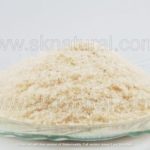
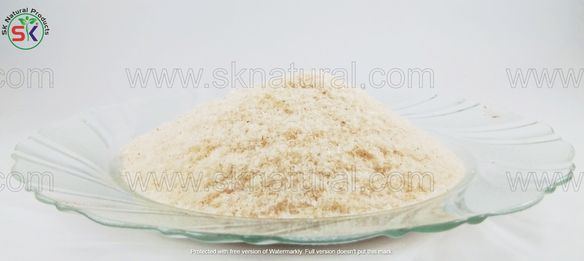
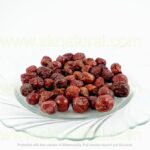

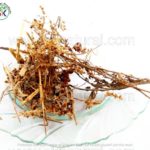
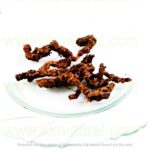

Reviews
There are no reviews yet.